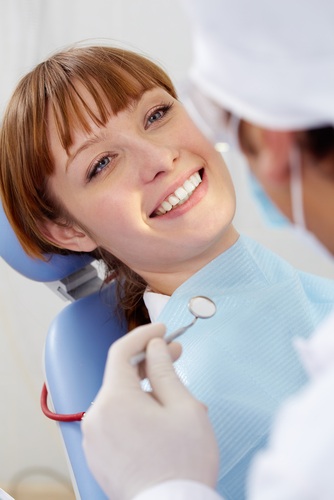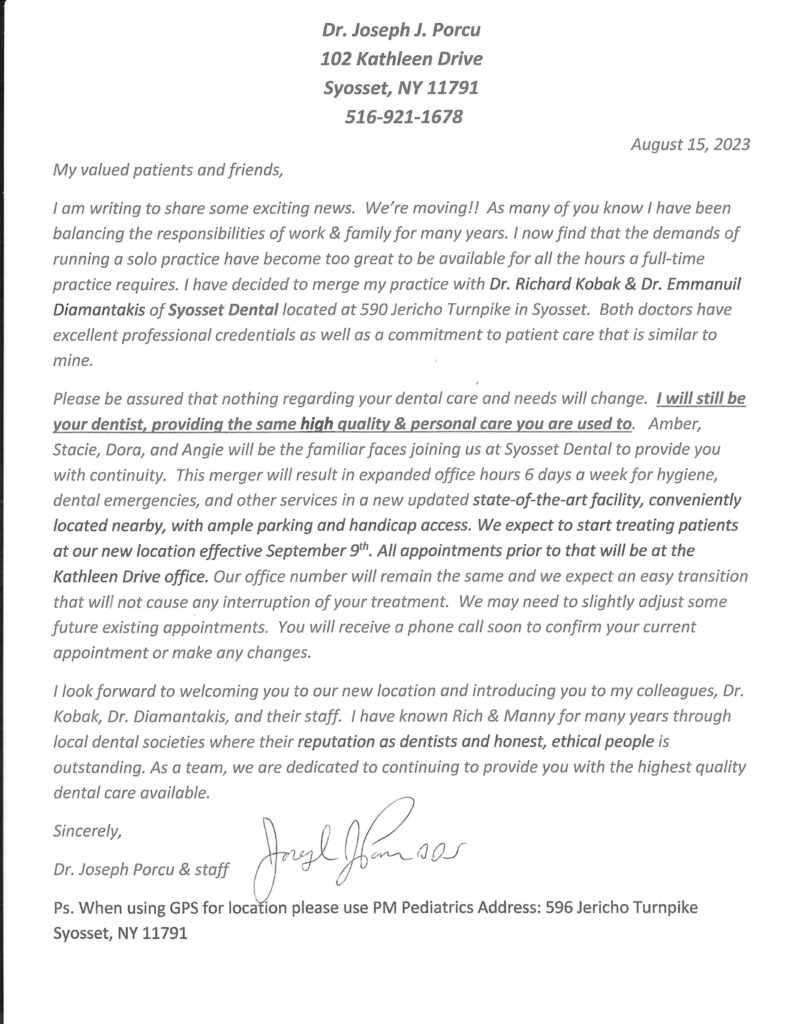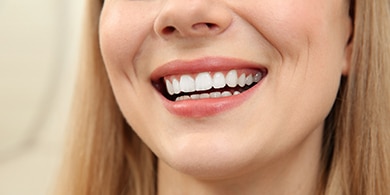 Of all the restorative dental procedures available, inlays and onlays tend to be the least known about among my patients. In a restorative world ruled by dental fillings and crowns, inlays and onlays offer an equivalent restorative option.
Of all the restorative dental procedures available, inlays and onlays tend to be the least known about among my patients. In a restorative world ruled by dental fillings and crowns, inlays and onlays offer an equivalent restorative option.
In fact, most dentists prefer to use inlays and onlays when more than half of the tooth’s biting surface is damaged.
Inlays and onlays can be made from a variety of materials, including porcelain, gold, and composite resin. While they are often grouped together, inlays and onlays are used for different reasons. An inlay, which is similar to a filling, is used inside the cusp tips of your tooth. An onlay, on the other hand, extends out over at least one cusp of the tooth and extends down the side of the tooth, making it a more substantial restoration.
Inlays and onlays require two appointments to fully prepare and place. During your first visit, your tooth will be prepared for your restoration by cleaning and removing the damaged or decaying area of your tooth. To ensure proper fit and bite function of your restoration, I will take an impression of your tooth and then send it to the dental lab for fabrication. I will place a temporary filling that you will wear until your next appointment.
At your second appointment, I will remove your temporary filling, check the fit of your inlay or onlay, and bond your restoration to your tooth using a strong resin. Your restoration will be polished to give it a natural look and a smooth texture.
Because traditional fillings can reduce the strength of a natural tooth by up to 50 percent, inlays and onlays are great, durable, and natural-looking alternatives. In fact, these restorations can increase the strength of your damaged tooth up to 75 percent and last for at least 10 years when cared for properly.
I’m Dr. Richard Kobak, a cosmetic and restorative dentist in the North Shore area of Long Island, New York, and I have placed inlays and onlays on countless patients and have seen quality results. If you have a damaged or decaying tooth, I invite you to call Syosset Dental at (516) 433-2211.











